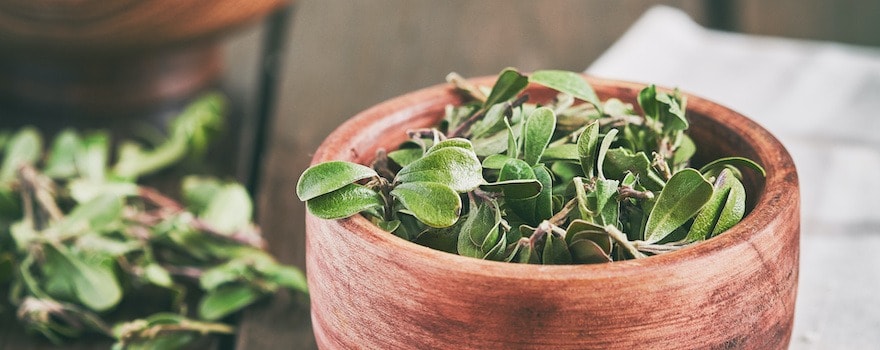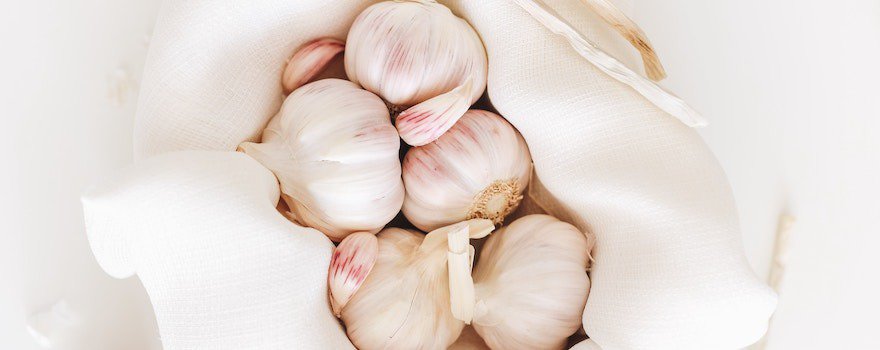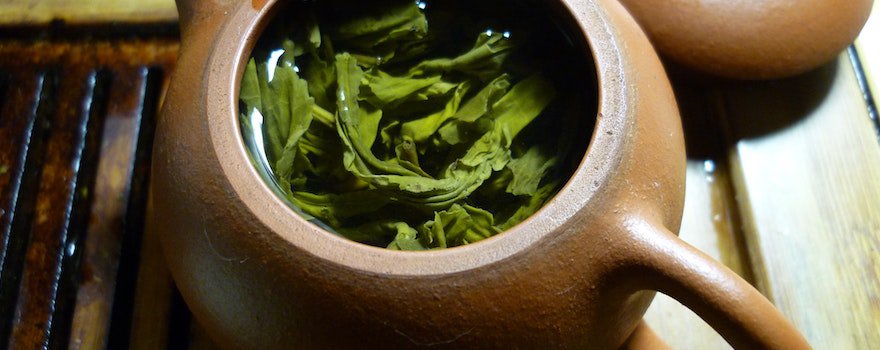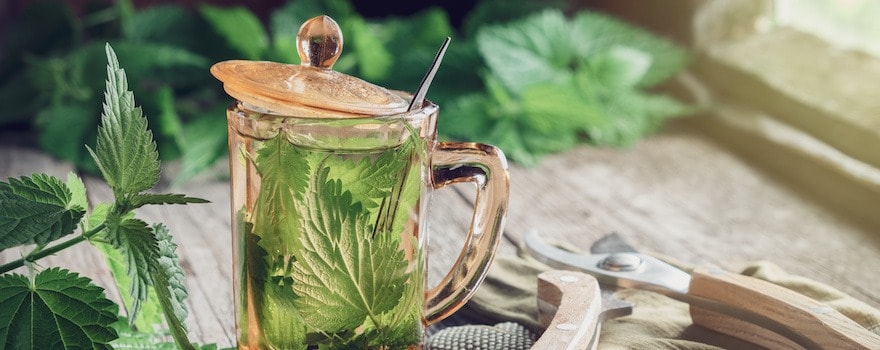Urinary infections can be bacterial, fungal, or viral in origin. They affect the upper or lower parts of the urinary system like the bladder.
Some good practices can help reduce recurrences or relieve symptoms while waiting to see a doctor.
First of all, it is essential to drink enough water. ANSES recommends drinking about 1.5 L per day. In case of high heat or physical activity, our needs are even higher!
Good hydration can reduce the concentration of germs in the urinary tract. It is also recommended to not wait when you feel like urinating and to relieve yourself promptly.
Read also The 5 best draining drinks
Here are 5 natural treatments to prevent urinary infections and relieve their symptoms. See after the list for more information about this infection, which primarily affects women.
Precaution: It may be necessary to consult a doctor as soon as possible depending on the symptoms and predispositions. Before taking a dietary supplement, it is recommended to discuss it with your doctor to check the risk of contraindication.
1. Cranberry juice

A well-known traditional remedy, cranberry juice is indicated to prevent recurrent urinary infections.
It contains compounds called proanthocyanidins that prevent bacteria from adhering to the bladder walls. This is shown in some studies.
How to consume it: Choose unsweetened and organic cranberry juice if possible. The juice can be diluted in water to reduce its acidity. There are also capsules based on cranberry extracts. Prioritize those with higher concentrations of proanthocyanidins.
2. Bearberry

Bearberry is a plant with small red berries. Its leaves concentrate its therapeutic properties.
Its active principle called arbutin is believed to be responsible for its beneficial action in case of a urinary infection. This study presents its effect on recurrent cystitis.
How to consume it: Bearberry can be found dried in herb stores for use in decoction. You can sip 2 to 3 cups a day. It also exists in the form of mother tincture or capsules.
3. Garlic

A central condiment in Mediterranean gastronomy, garlic is a bulb with many medicinal properties!
It contains a compound called allicin, responsible for its diuretic, cleansing, and antibacterial properties. This study looks at its effect on E.coli populations.
How to consume it: Crushed raw garlic cloves can be added to salads. Garlic can also be consumed as an infusion. Finally, there are dietary supplements based on garlic extract.
4. Green tea

Green tea (Camellia sinensis), in addition to being delicious and energizing, has many virtues. Notably antimicrobial, detoxifying, and diuretic.
Its compound epigallocatechin, a powerful antioxidant, is believed to be responsible for its beneficial action on urinary infections. As suggested by this study. Human studies are awaited to confirm these results.
How to consume it: Preferably choose organic green tea. Due to its caffeine content, it is best consumed in the morning. You can also consume matcha, made from ground green tea leaves.
5. Nettle

The nettle is a plant that can reach up to 1.60 meters in height. Its stinging leaves cause itching, but it’s an excellent food, infusion, and dietary supplement.
It contains many active principles: phytosterols, lignans, and polysaccharides. By increasing urine volume, it helps prevent urinary infections.
How to consume it: It can be consumed in infusion at the rate of 2 to 3 cups a day. It can also be found in tablet or powder form. The powder can be incorporated into smoothie recipes or salads.
What is a urinary infection?
Origin of the urinary infection
Most urinary infections are of bacterial origin, but they can also be caused by fungi and, in rare cases, by viruses.
Different areas of the urinary tract can be affected. Most often it is the urethra (the tube that expels urine) or the bladder.
In rare, more severe cases, the kidneys and the ureters (the tubes that carry urine from the kidneys to the bladder) may be affected.
Most of the time, bacteria travel up through the urethra and colonize the bladder (cystitis).
Urinary infections see a peak during the summer season mainly due to dehydration.
Women are more prone to them. Some explain this due to anatomical differences. Women are advised, for example, to wipe from front to back when using the toilet.
Urinating after sexual intercourse could also reduce the development of bacteria in the urinary tract. Constipation, moreover, may promote the migration of bacteria to the urinary system.
Also read The best natural treatments for urinary infections
Symptoms of urinary infection

Among the most common symptoms of urinary infection are:
- the very frequent need to urinate
- a burning sensation when urinating
- the presence of blood and pus in the urine
- the feeling that the bladder is not completely emptied after urination
Severe forms of urinary infections are accompanied by feverish states, chills, or even nausea and vomiting. This is the case with acute pyelonephritis.
During a doctor’s consultation, they usually perform a urine test with a dipstick to confirm the presence of bacteria. They complement their analysis with a urine culture (cytobacteriological exam) to adapt the antibiotic treatment.
Also read A natural antibiotic to fight infections? Here are 10
Bacterial resistance to antibiotics is a major health issue, and urinary infections with antibiotic-resistant bacteria are the subject of studies. Natural solutions to support treatments or prevent infections represent an opportunity to combat this scourge.



